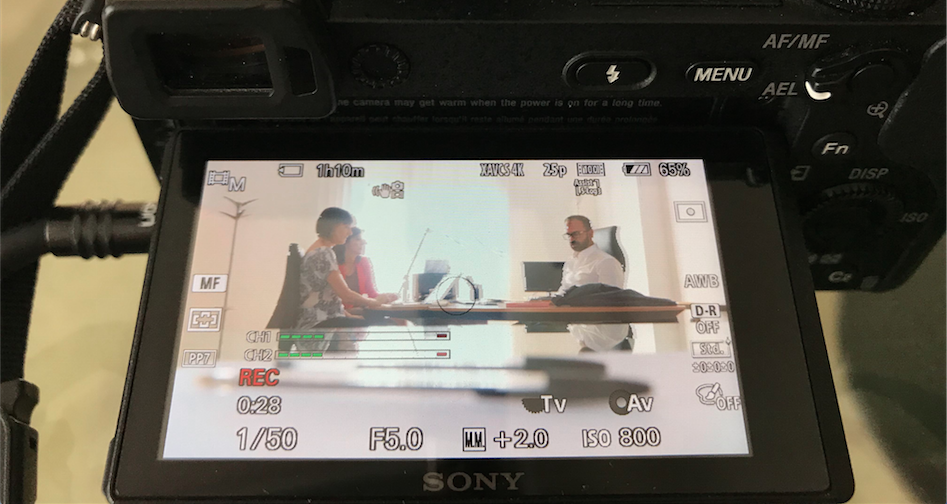We are pleased to announce that registration to the conference is now open and the basic conference programme is available on our website: As of now, it includes seven keynote speeches and more than 20 panel discussions in addition to chosen scientific and artistic sessions. In the course of the coming weeks we will be completing the programme by around 250 further workshops and scientific sessions, so it is worth checking from time to time.
Due to the great interest in the conference and the necessary limitation of participants we recommend to register as early as possible. However, many speeches and discussions will be video-streamed and published on our website for whoever will not be able to come to Leipzig.
In order to also enable people with little income to participate, the conference fee can be freely chosen based on our recommendations. We also offer cheap accommodation options such as camping and staying at private places. There will be vegan and regional food provided by a local cooperative.

I come from the dark side. Between 1994 and 1999, I studied at two business schools. Then I worked in advertising and marketing from 1999 until 2016 — for 17 years. First I was an employee in a couple of advertising agencies. Then I got a doctorate in Marketing and helped build our own specialised agency, with a group of friends and colleagues. The one over-riding goal of everything was alwa...
More than a year ago the 4th International Degrowth Conference for Ecological Sustainability and Social Equity took place in Leipzig. Now the jubilee video "Metamorphoses" is available with english subtitles: Metamorphosen [Metamorphoses] from Marc Menningmann on Vimeo. At the opening of the Degrowth Conference 2014 the sound-artist Pablo Paolo Kilian preformed his piece of music "Metamo...
By Friederike Habermann Growth is no option, considering that an absolute decoupling of growth and resource use has historically proven impossible – This position unites everybody who contributes to the Degrowth-conference. In the media too there is an increasing presence of growth critique. Even the German liberal weekly newspaper “Die Zeit” (No. 10/2013) ends an editorial on this topic sayin...